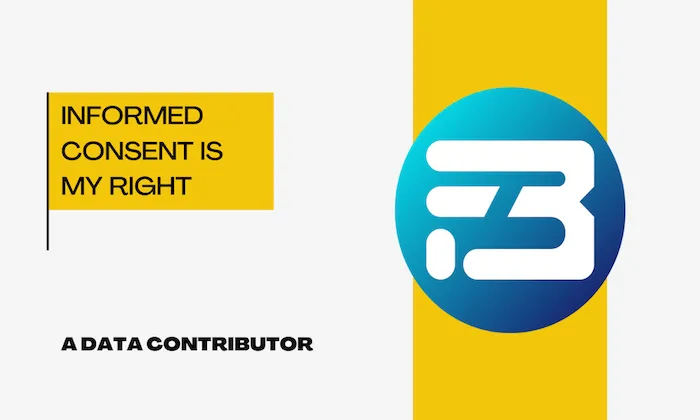Do contributors give explicit consent for voice cloning use?
Voice Cloning
Legal Compliance
Speech AI
In the realm of voice cloning, explicit consent from contributors is not just good practice; it's a necessity. This consent ensures that individuals are fully aware of how their voice data will be used, aligning with ethical standards and legal requirements, such as those set by the General Data Protection Regulation (GDPR).
Why Explicit Consent is Critical
Voice cloning technology, which creates digital replicas of a person's voice, demands that contributors provide explicit consent. This practice is crucial for maintaining trust and transparency between AI developers and voice contributors. Without it, organizations risk violating data protection regulations and ethical standards, potentially leading to significant repercussions.
Consent is more than just a legal checkbox; it's an essential component of ethical voice cloning. It ensures that contributors understand the scope of voice data use, ranging from virtual assistants to accessibility tools. By securing explicit consent, organizations uphold contributor rights and foster a culture of transparency and trust.
Steps for Obtaining Voice Cloning Consent
Achieving explicit consent involves several well-defined steps:
- Informative Briefing: Contributors receive comprehensive details about the project's scope, including how their voice data will be utilized and the potential applications.
- Documented Agreement: Consent is captured through formal agreements, clearly outlining the terms and conditions, which serve as a safeguard for both parties.
- Flexibility with Revocation: Agreements typically include clauses that allow contributors to withdraw their consent at any time, ensuring they retain control over their voice data.
Navigating Consent Challenges in Voice Cloning
While obtaining explicit consent is vital, it can present challenges:
- Ensuring Understanding: Contributors must fully grasp the implications of their consent, which can be complex given diverse backgrounds and technological familiarity.
- Balancing Speed and Ethics: The need for clear communication might extend project timelines, requiring a careful balance between efficient speech data collection and ethical practices.
Real-World Impacts & Use Cases
At FutureBeeAI, we have developed robust consent processes, adhering to GDPR compliance and prioritizing ethical voice cloning. For example, our work with multilingual text-to-speech dataset training projects requires transparent consent frameworks that respect contributors' rights and align with global standards. This approach not only ensures legal compliance but also strengthens the trust between contributors and AI teams.
By adhering to these principles, FutureBeeAI positions itself as a trusted partner in the AI ecosystem, committed to ethical standards and the rights of contributors. This dedication ensures the responsible development and implementation of voice cloning technologies.
Smart FAQs
Q.What happens if a contributor revokes their consent?
A. If a contributor revokes their consent, FutureBeeAI ensures the immediate cessation of their data's use and complies with contractual obligations. This flexibility underscores our commitment to ethical voice cloning practices.
Q. How can organizations ensure contributors understand the consent process?
A. Organizations should provide clear documentation, conduct informational sessions, and encourage open dialogue to aid in understanding. Engaging contributors in discussions about their rights helps clarify the consent process.
What Else Do People Ask?
Related AI Articles
Browse Matching Datasets
Acquiring high-quality AI datasets has never been easier!!!
Get in touch with our AI data expert now!








